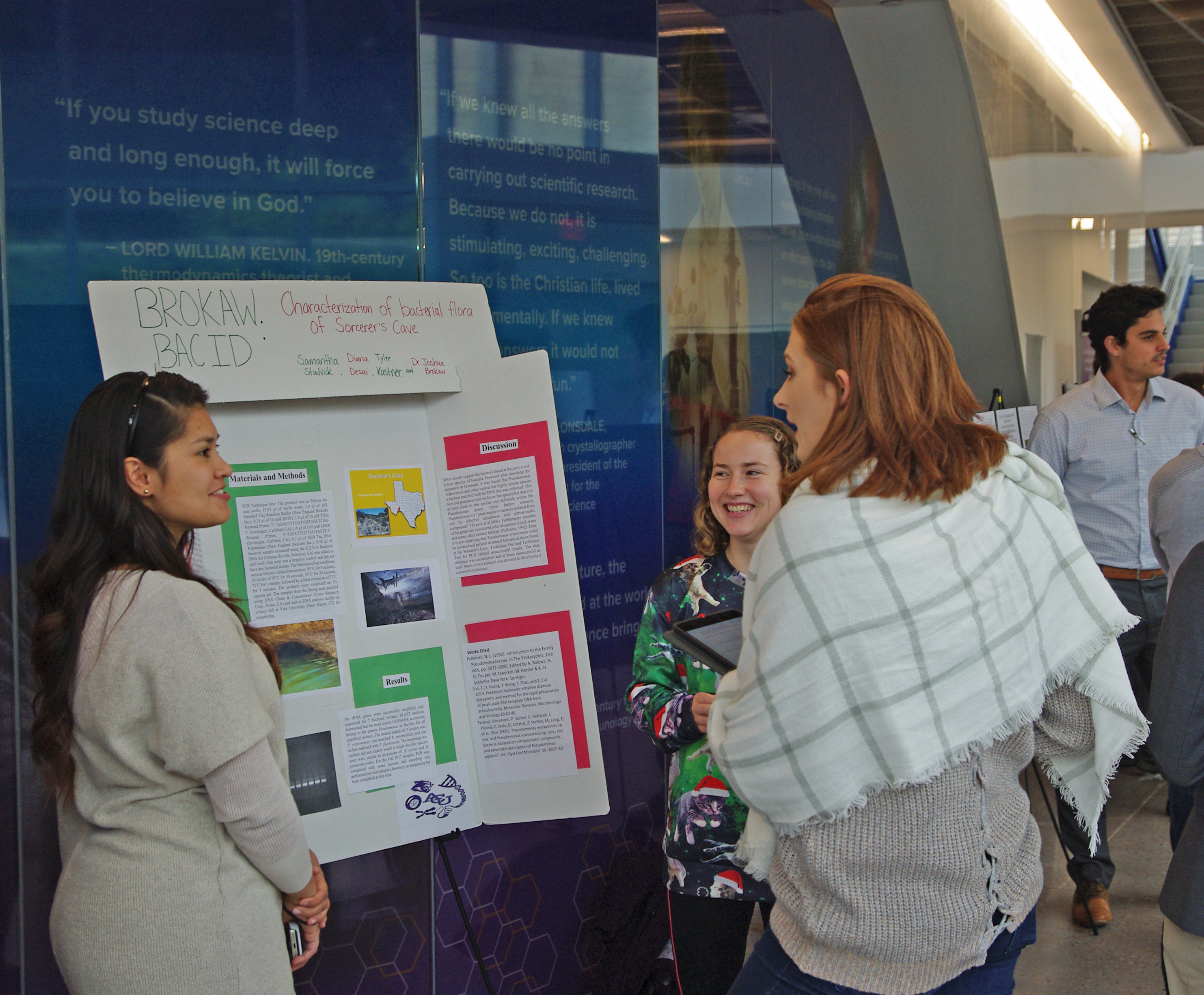Ben Bernanke, an economist at the Brookings Institute once said “the research itself provides an important long-run perspective on the issues that we face on a day-to-day basis.” While thinking about writing this blog, this quote reminded me of the experience I have had with my work as a biology research student. Before I began to understand and experience this statement, I was really enthusiastic about being part of research, excited to do hands-on work, work with microorganisms and use the new research gadgets available at our new lab, and to top it all to “find something.” Frankly, isn’t that we all hope to do or achieve someday? I remember starting my research work at the beginning of Fall 2016. I wanted to be a part of finding something, without anticipating the day-to-day issues and hurdles that I would be facing.
Reflecting on my experiences from the last three semesters, this semester was rather less exciting. To quickly summarized, during Spring of 2017, our team had learned a new technique of bacterial DNA extraction, which involved utilizing additional steps within the experiment compared to that of the regular bacterial DNA extraction method. We also learned and understood the PCR technique and gel electrophoresis. In addition, the biggest lesson from this experience was to have patience and to be more focused on accuracy of experiment rather than aiming to get quick results. Once we had learned this aspect of research, we were able to actually identify a few species of cave bacteria. I can say that this was a consolation price, which I was glad to receive after numerous failed attempts.
For Fall 2017, we were looking forward to being more cautious and using reliable techniques in order to ensure we got more results during this semester. Since we were able to identify one bacterium in Fall 2016 and one in Spring 2017, our aim was to identify a set of bacteria this semester using the same technique we had mastered last semester. But as always, surprises and setbacks are an integral part of research, and this was confirmed once again this semester. We were glad to welcome a new student on our group. We felt good that we were able to show and explain to him some of the skills that we had been able to learn over the last two semesters. Hence, we spent a lot of time trying to teach the techniques of PCR, gel electrophoresis and DNA extraction; most of our lab time in the Fall of 2017 was spent in practicing these techniques rather than being focused on getting results. I am sure many would agree that good teaching and being a good researcher go hand and hand. This is because the researchers should have the ability to explain the results of their research in a way that another person can understand and interpret. I sometimes wonder if I can positively say that this statement applies to me. I know that I possess the skills to do experiments and get results despite the struggles; however, I cannot positively say that I am a good teacher yet.
Nonetheless, the biggest take away for me from this semester was the reminder that we are gaining a “long-run perspective,” and that, as a researcher, it is wise to keep this in our mind always.

